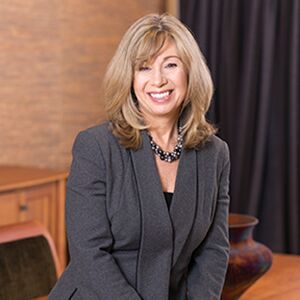I just finished reading Rich Dad Poor Dad. And I enjoyed the contrarian viewpoint on money and what it should mean. The suggestion that a house is a liability rather than an asset is thought provoking. Is a house just our emotion conquering our logical brain?
Robert T. Kiyosaki, author of Rich Dad Poor Dad, sums up assets and liabilities as follows. Assets should generate cash for you. Liabilities take your hard earned cash and don’t work for you at all. You in reality work for them. Traditionally, we have looked at our homes as an asset for both monetary and emotional reasons. The phrase “Home Sweet Home” comes to mind. And when we calculate net worth, the value of our home minus the mortgage is part of that net worth. OK. But how much do we actually pay for that net worth and does it even make sense? Are we losing money by buying a home? 
Growth Over +20 Years
- A $100,000 mortgage at net 3% interest over 30 years, is $161,778 toward the cost of the house (with monthly payments) including a down payment of $10,000.
- Homes from 1980 to 2013 have basically remained flat in value across the U.S. Homes in New York have almost doubled in value, so a $110,000 house would be worth $220,000. In San Francisco a $110,000 home would be $275,000 according to TheEconomist.com.
- Over the same period, the S&P has increased on a compound annual growth rate of 8.22%. This means $1 invested in 1980 would be worth $14.67 in 2013. $110,000 invested and adjusted for inflation would be worth $1,613,700 not including advisor fees and taxes.
Of course, the alternative to owning is renting and your rent money goes to someone else, whereas a mortgage payment pays down some principle that you get to keep. However, even with paying a ball park $1,500 in rent for a similar sized house over 23 years and paying 30% in taxes on capital gains, investing still wins handily.
WHAT DOES MAKE CENTS
The math above is simplistic and meant just to get you thinking. There are all sorts of emotional reasons for owning a home. What does makes sense is to buy only what you need. Then your excess cash can be working for you instead of paying for rooms you rarely use. I was qualified for a home worth $150,000 more than what we purchased. We didn’t even use my husband’s buying power to qualify and I saw no reason to buy a larger house than what we’d need. I parked that money in the market and labeled it my Freedom Account. It has helped me fund one of my true joys – helping women build money confidence.
Related Topic: 3 Dangers When Talking Money to Your Banker
Information shown is for illustrative purposes only and is not intended as investment, legal or tax planning advice. Please consult a financial adviser, attorney or tax specialist for advice specific to your financial situation. Behavioral Cents, LLC and any third parties listed, linked to or otherwise appearing in this message are separate and unaffiliated and are not responsible for each other’s products, services or policies.
Carrie Rattle is Founder of BehavioralCents.com and a veteran executive of financial services. She works with women to build money confidence and change their money behaviors for the better – without deprivation. Instead of simply telling women what to do, she helps them fight the tide of daily temptation to reach their dreams. Women gain control and feel comfortable making their own wise money decisions. Thoughts always welcome: carrierattle@behavioralcents.com.

Carrie Rattle is a Principal at BehavioralCents.com, a website for women focused on mind and money behaviors. She has worked in the financial services industry for 20+ years and hopes to inspire women to better prepare themselves for financial independence.
